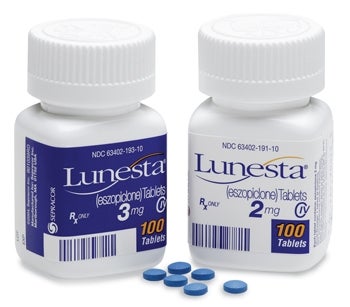It’s not often that a billion-dollar acquisition of a local company is greeted with ease by community officials.
After all, a company takeover can often mean loss of local control and loss of local jobs.
So, eyebrows were certainly raised when news got out recently that Sepracor, one of the largest employers in Marlborough, was being acquired in a $2.6 billion deal by the Japanese firm Danippon Sumitomo Pharma Co. Ltd.
But in the eyes of Tom Wellen, executive director of Marlbor
ough 2010, the economic development corporation for the town, the Sepracor-DSP deal is not too much of a threat.
“This type of acquisition poses the least possible risk to the local workforce,” Wellen said.
New Frontier
And that’s because DSP has no operations in the United States, never mind in Massachusetts. So the chances for redundancies — business code for possible layoffs — are limited.
At least those are the assertions of executives at both Sepracor and DSP. Jonae R. Barnes, a spokesman for Sepracor, issued a statement staying, “We anticipate no change to the job responsibilities of most Sepracor employees for the foreseeable future. DSP is committed to substantially maintaining the Sepracor organization and staff.” Claims of the status quo moving forward are not unusual in merger and acquisition news, but according to one analyst that follows Sepracor, hanging on to a majority of the drug maker’s sales force does make sense.
“I think that this is a classic case of a deep-pocketed pharmaceutical company that is looking for a quick way to access a sales force,” said David Ansellem, principal and senior research analyst in specialty pharma for Piper Jaffray.
The Sepracor-DSP deal has come under some scrutiny. Two investors filed suit in Delaware Chancery Court claiming that the agreement — which would offer $23 per share — undervalues the stock. Sepracor’s stock had been trading at between $18 and $22 per share in the days leading up to the merger announcement.
Sepracor made its name marketing the sleep drug Lunesta. But recently it’s faced market speculation because it has two drugs facing generic competition because they are losing patent protection in the next three to five years.
Sepracor’s importance in Marlborough can’t be understated. The company has more than 600 people working at its headquarters, making it one of the largest employers in town. Sepracor does seem committed to the town. It recently completed a $30 million property and equipment expansion, with plans for a second $20 million phase several years out.
While it may seem unusual that a Japanese firm would acquire a pharmaceutical company based in Marlborough, it’s actually a sign of the times, according to Robert Coughlin president and CEO of the Massachusetts Biotechnology Council.
“I think Japan is looking towards Massachusetts-based biopharma as the best place for innovation as they strive to keep their pipeline robust,” he said. “We are a clear fit for their business model.”

